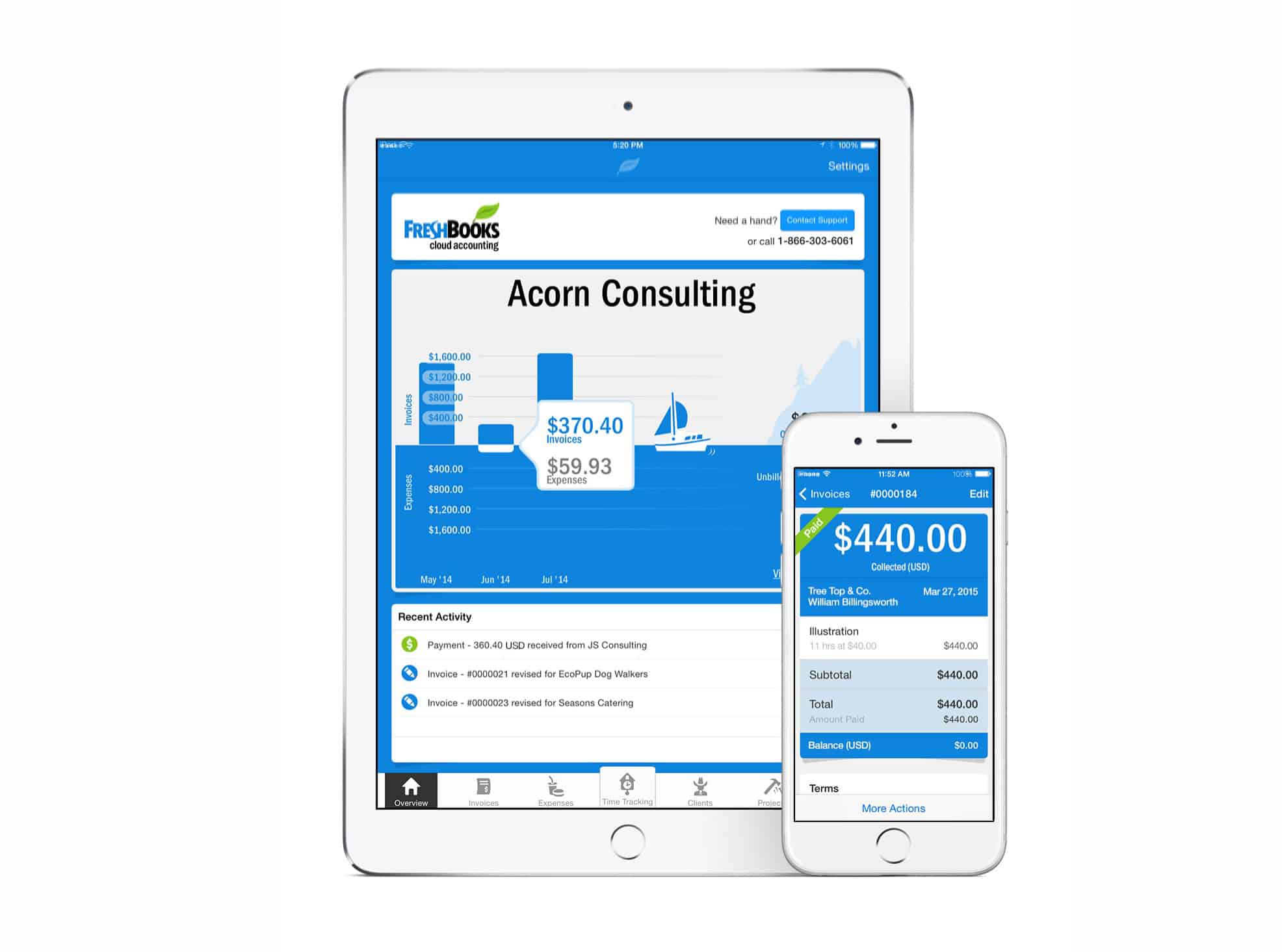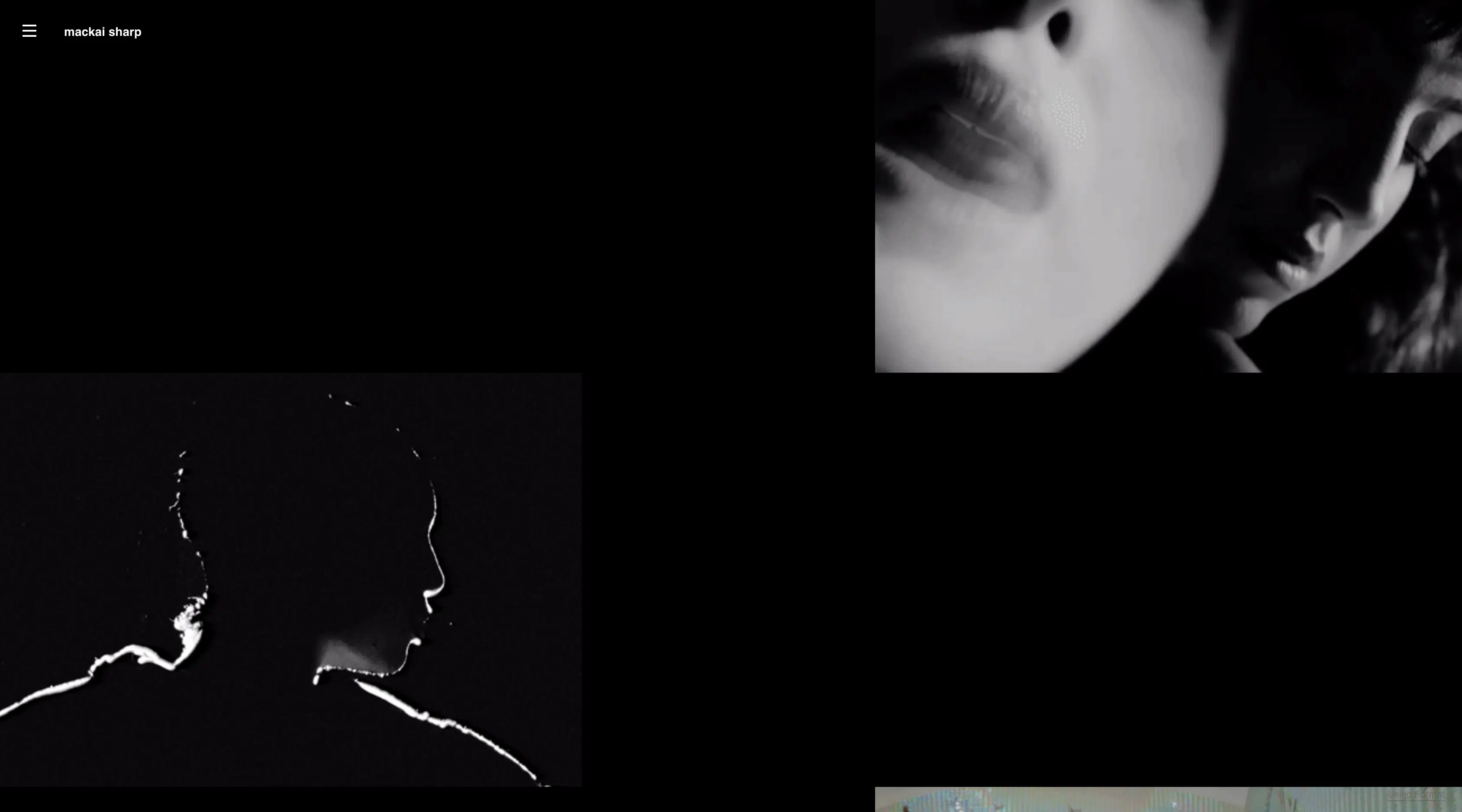Whether you’re working freelance or running a small business, your life as a creative professional will inevitably require a crash course in accounting. You need to understand your finances to make sure you’re following tax laws, getting the expenses you deserve and managing your relationships with clients.
The consequences of mismanaged accounting can be dire, and end up costing you more money in the long run. We decided to catch up with some industry experts to get a better understanding of essential accounting for creative professionals.
Freshbooks CMO Shawn Cadeau and professional bookkeeper at BookkeepingDirect.com Gabrielle Fontaine answered some of the most asked questions about invoices, currency exchanges and surprising tips on getting paid faster by clients (Freshbooks research shows that polite language on your invoice will help get you paid 5% faster!).
Here’s what you need to know about accounting as a creative professional:
Format: Let’s cut to the chase—should I just hire an accountant?
Shawn Cadeau: This depends on you and what your expertise is when it comes to accounting, as well as your knowledge when it comes to tax laws.
It’s wise to lean on a professional for the more complicated tasks that are critical to the business—tax preparation, for example. US tax policy is one of the most complicated in the world and it can be difficult as a freelancer or small business owner to navigate on your own.
Spending the money to hire a professional means you’ll have an expert who is up-to-date on ever changing tax laws. They can also help you plan ahead for any tax hikes that might be on the horizon.
For managing your day-to-day accounting, like sending invoices, logging expenses and tracking your time, many creatives can manage these tasks on their own if they’re using the right software. And by “right,” I mean simple.
Software should help you do more things more efficiently, not bog you down. If your accounting software requires a telephone-book-sized instruction manual to get started, it’s probably not a good fit.
Fortunately, there are more options for freelancers and small business owners than ever before. Find software that is designed for you.
What essential information should be on all my invoices?
Shawn: It sounds simple, but the more straightforward your invoice is, the easier it will be for your client to pay you. Here’s a basic quick checklist for everything we recommend including on your invoices:
- Invoice # (helps both you and your client stay organized)
- Your company name and contact information
- What the invoice is for (item/service description, hourly/project cost, etc.)
- Amount due (subtotal, tax, and total)
- Payment terms (payment due date, clarity around how you’d like to receive payment: checks, credit cards, bank transfers, etc.)
- A “thank you” (Believe it or not, FreshBooks’ research shows that polite language on your invoice will help get you paid 5% faster)
- Your logo (Our research also shows that invoices with a logo are 10% more likely to be paid)
Do creative services require sales tax?
Gabrielle Fontaine: It depends on the services and the product being sold, and the state laws where it is being sold. You’ll need to check with your local government authorities to know if you must charge sales tax or not, since each state (and even some cities) have different laws for what is and is not taxed.
What counts as a business expense if I’m a freelancer?
Gabrielle: The short answer is anything that contributes to the running of your business or the production of what you are selling to your customers. The IRS would say it should be usual and necessary to your business. If in doubt, ask your accountant.
In what instance would I need to track billable hours? How is this feature helpful for a creative professional?
Shawn: When you’re in business for yourself, time is your most valuable asset—there are never enough hours in the day. Tracking your time, whether billable or not, is a great way to really understand your business and where your time goes.
You’ll learn which clients you’re spending the most time on or which types of projects take the least/most time to complete —and after a few months of tracking this information, you’ll be in a better position to make important decisions about your pricing and which clients or projects are best for your business.
I’ve even seen business owners who have some fun with this and log the time each day they’re spending on Facebook or watching television, if just for a reality check. Time tracking is one of the best things you can do for your business.
Any tips for what to do if a client doesn’t respond to or pay an invoice?
Shawn: Follow up. A good old-fashioned phone call can work wonders.
If you’re struggling regularly with client late-payments, consider charging late fees on your invoices and be clear about this in your payment terms when sending an invoice.
Tip: If you’re using FreshBooks, you can turn on automated late payment reminders that will send on a regular cadence to help get you paid faster.
In your opinion what’s the biggest mistake that a creative professional can make with their accounting?
Shawn: Not making invoicing a priority. Getting paid is an important part of business, but keeping track of who owes you money and sending out invoices is usually not something most creative professionals enjoy. Cash flow is one of the biggest killers of small businesses, so it’s important to stay on top of it. The sooner you send out an invoice, the sooner you’ll get paid.
Starting out, accounting can be very intimidating. You get a client, do the work and then you don’t even know how to invoice! What’s the first step for a new freelancer?
Shawn: Sending your first invoice can be both exciting and scary— but make it a priority. You did the work and you earned it. Enjoy this first milestone.
To make it easier and part of your business routine, figure out a system or find a tool early on that will help you be more efficient with your invoicing. Staying organized and sending a professional looking invoice sends the right message to your clients. It also means you won’t be scrambling at tax time.
How do I invoice someone in another country? How does that affect my accounting if I’m American but invoicing to England?
Gabrielle: If you are operating your business in the US, then you will likely issue your invoices in USD. The best practice is to keep it simple. When doing business long distance, your customers will likely pay via credit card, so you will not need to do the conversion.
The credit card bank will convert the payment for you. There may be a fee involved, but it is usually paid by the person paying the invoice. But there may be a fee involved with a merchant account or gateway you’re using. If you are concerned about this, you can ask your merchant services provider.
Shawn: If you’re using FreshBooks, you can bill in multiple currencies if needed. You can also take advantage of FreshBooks Payments to get paid by credit card without the hassle of having to set up a merchant account, something that can be a barrier for many freelancers and small business owners.













